Nigerians will soon begin to pay much more for air travels as operators are set to increase air fares through a proposed 25% fuel surcharge.
Perturbed by the steady increase in cost of operations in aviation sector, Airline Operators of Nigeria (AON) have requested that the Nigerian Civil Aviation Authority (NCAA) approve its proposed fuel surcharge. This they said would help to cushion the effect of a continuous hike in the price of Jet A-1 (aviation fuel) on the operations of airlines in the country.
Join our WhatsApp ChannelThis is contained in a letter signed by AON president, Alhaji Abdulmunaf Yunusa Sarina, addressed to the director general of NCAA and dated July 18, 2022. The implication of this is that air fares would rise and further compound air travelers’ woes.
The airline operators indicated that apart from the “crippling effect” of the intermittent shortages of Jet A-1, the price has risen from N200 per litre in February 2022 to over N780 today. Such increment it said, has consequently shut up the operational cost of airlines by over 130 per cent, even as the airlines are unable to increase fares; and also suffer from the challenge of sourcing foreign exchange to conduct operations due to biting scarcity.
“In order to forestall a backlash and total shutdown of the system, airlines are hoping to resort to an introduction of a fuel surcharge of between 25% and 40% of NUC as a way of offsetting the additional burden brought about by increased fuel cost bearing in mind that jet fuel accounts for about 40% of total operational expenses,” AON stated.
To this end, the airline operators, therefore, requested a review of some policies by the NCAA which include: a “review of the decision that airlines are required to obtain approval for an initial three months before implementation of a fuel surcharge; waiver of demand that airlines pay an additional 5% on the fuel surcharge entirely separate from the 5% Ticket Sales Charge (TSC).”
The operators explained that unless the charge is removed, it means that whatever the airlines collect as fuel surcharge to cushion effect of high fuel price would be taken away once again by the NCAA.
“This in effect will amount to double jeopardy as airlines will be unable to offset the additional cost which fuel surcharge is meant to address in the first place,” it added.
READ ALSO: Economic Crisis Forces Aero Contractors To Suspend Scheduled Passenger Services
The airline operators also requested that taxes should be based on the proportion of the fare due to airlines, meaning that the fuel surcharge should be exempted from the TSC.
Due to the prevailing issues, the body called for an urgent meeting of Chief Executive Officers of airlines to promptly address the matter.
Victor Ezeja is a passionate journalist with seven years of experience writing on economy, politics and energy. He holds a Master's degree in Mass Communication.


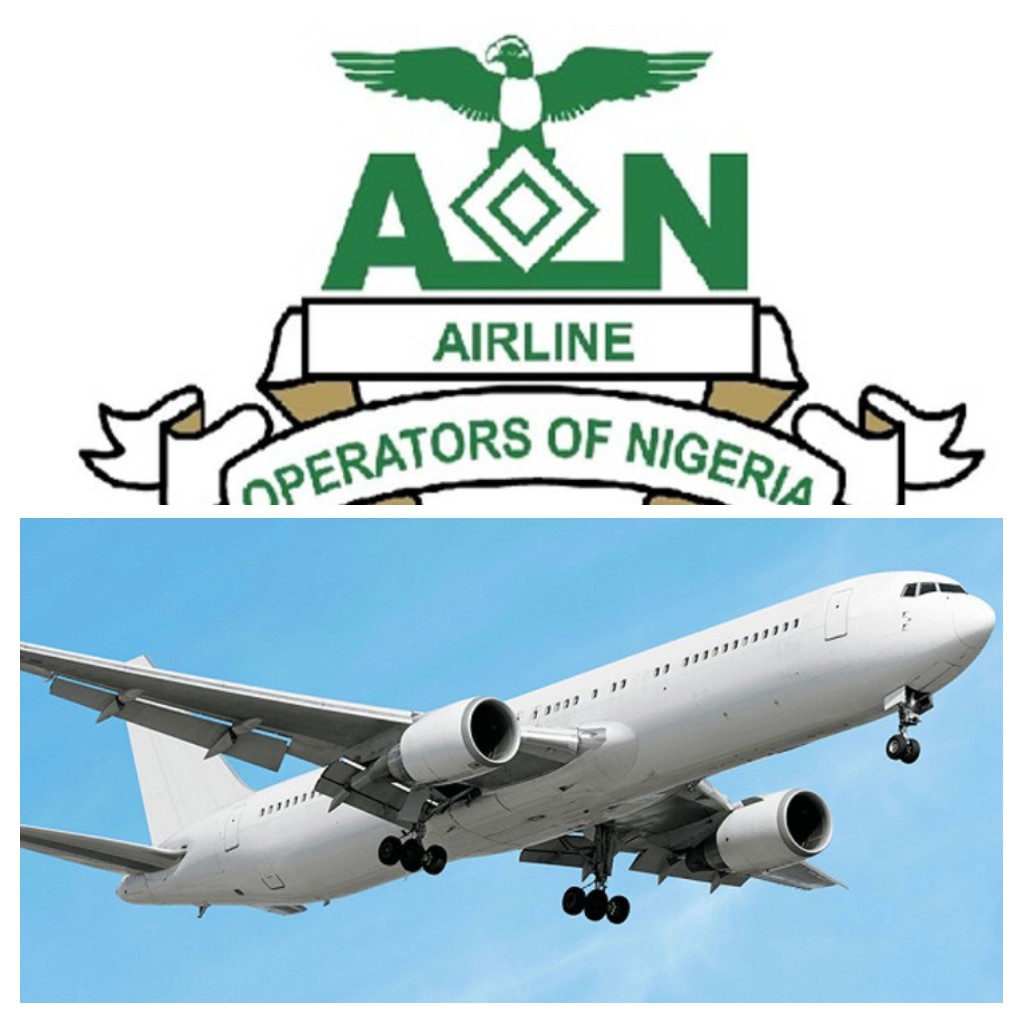


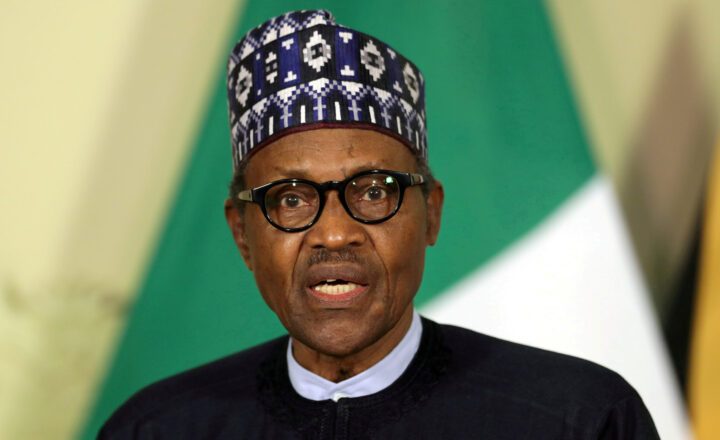
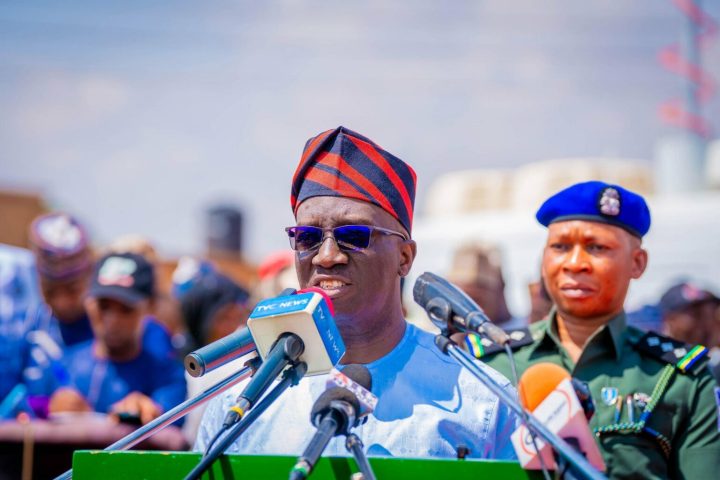








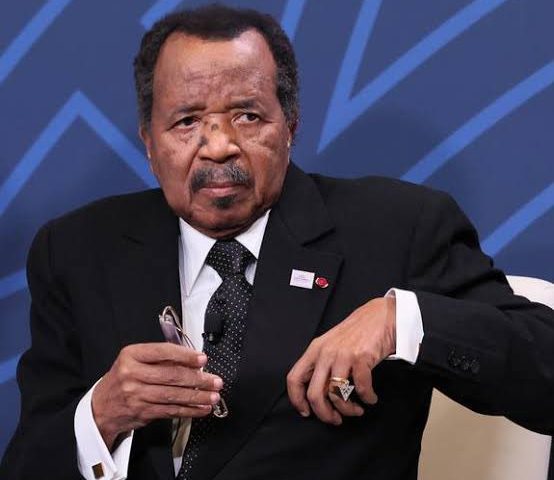
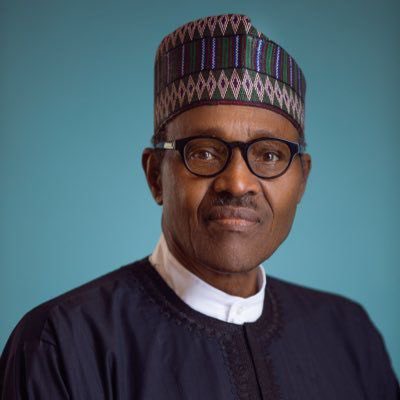
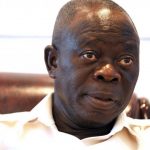
Follow Us